Google Gemini eases web surfing for users with vision and hearing issues
Android devices have offered a built-in screen reader feature called TalkBack for years. It helps people with vision problems to make sense of what ap
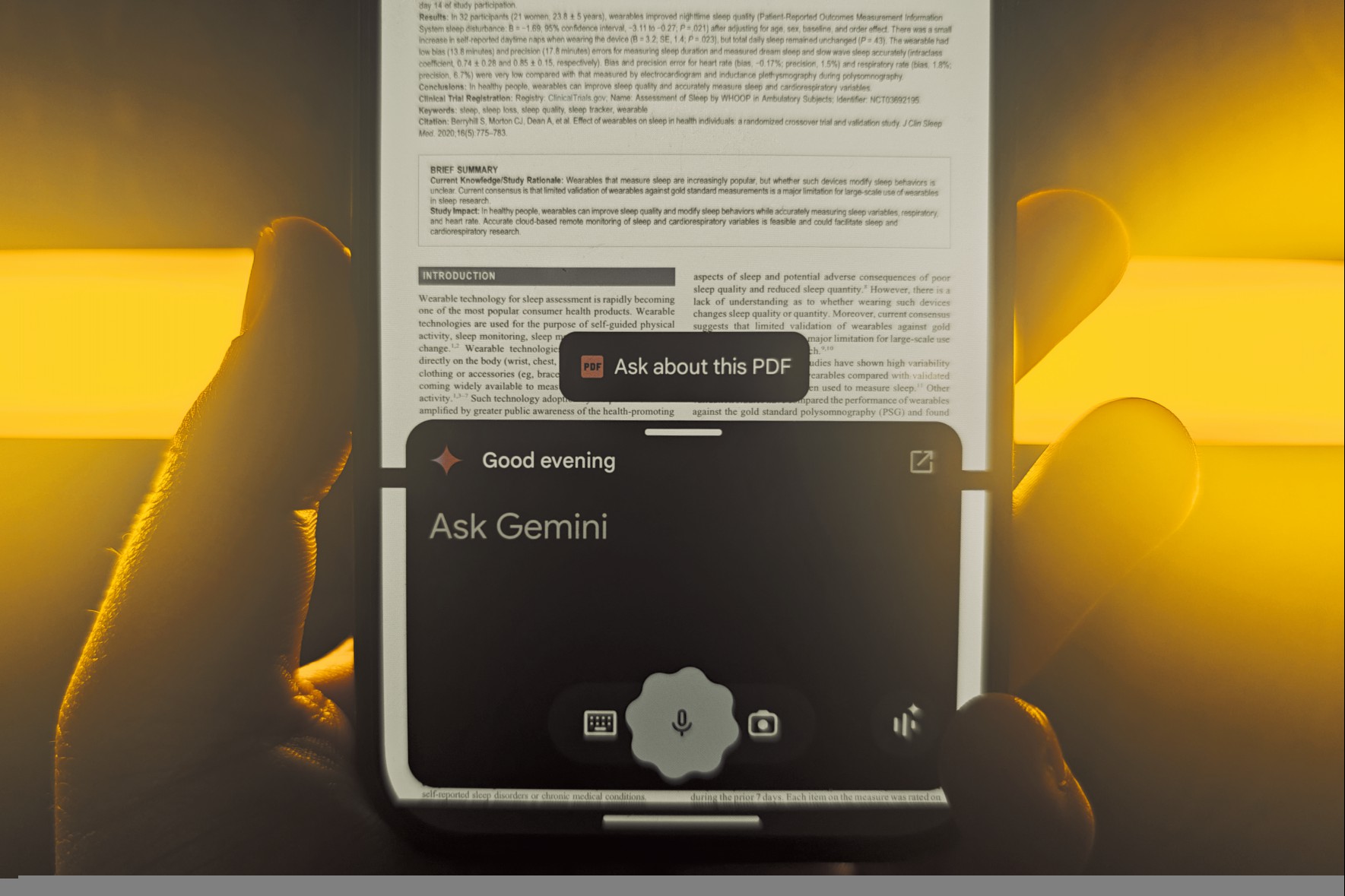
On February 4, Google updated its “AI principles,” a document detailing how the company would and wouldn’t use artificial intelligence in its products and services. The old version was split into two sections: “Objectives for AI applications” and “AI applications we will not pursue,” and it explicitly promised not to develop AI weapons or surveillance tools.
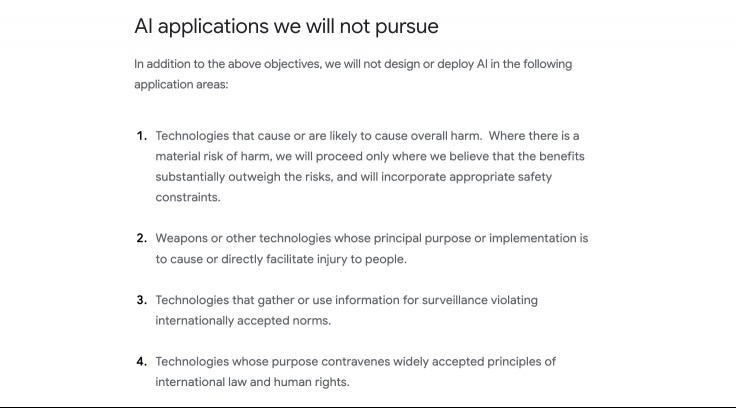
The update was first noticed by The Washington Post, and the most glaring difference is the complete disappearance of any “AI applications we will not pursue” section. In fact, the language of the document now focuses solely on “what Google will do,” with no promises at all about “what Google won’t do.”
Why is this significant? Well, if you say you won’t pursue AI weapons, then you can’t pursue AI weapons. It’s pretty cut and dry. However, if you say you will employ “rigorous design, testing, monitoring, and safeguards to mitigate unintended or harmful outcomes and avoid unfair bias,” then you can pursue whatever you want and just argue that you employed rigorous safeguards.
Similarly, when Google says it will implement “appropriate human oversight,” there’s no way for us to know what that means. Google is the one who decides exactly what appropriate human oversight is. This is a problem because it means the company isn’t actually making any promises or giving us any solid information. It’s just opening things up so it can move around more freely — while still trying to give the impression of social responsibility.
Google’s involvement in the U.S. Department of Defense’s Project Maven in 2017 and 2018 is what led to the original AI principles document. Thousands of its employees protested the military project, and in response, Google did not renew the agreement and promised to stop pursuing AI weapons.
However, fast-forward a few years and most of Google’s competitors are engaging in these kinds of projects, with Meta, OpenAI, and Amazon all allowing some military use of their AI tech. With the increased flexibility of its updated AI principles, Google is effectively free to get back in the game and make some military money. It will be interesting to see if Google’s employees will have anything to say about this in the near future.
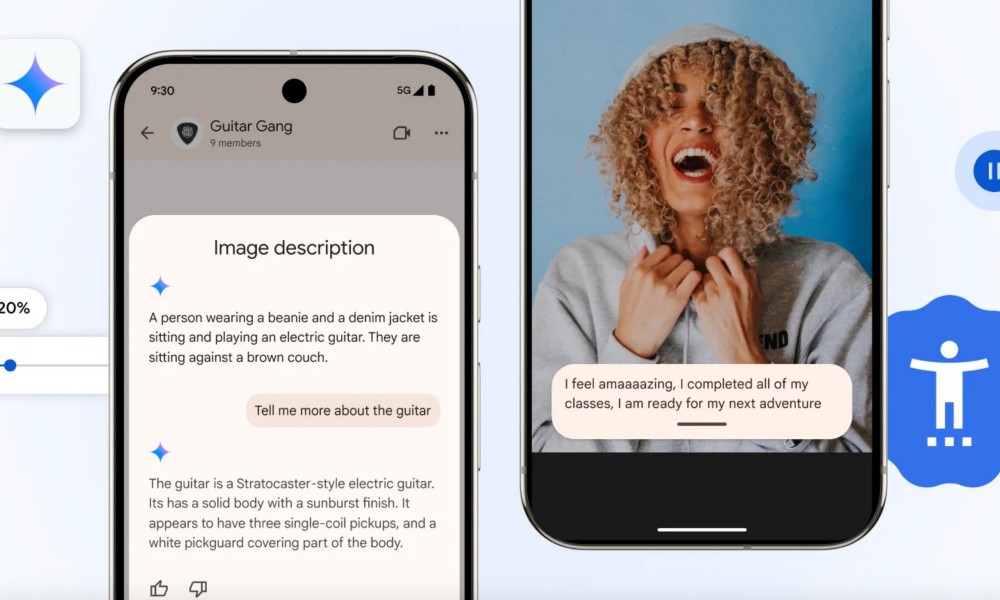
Android devices have offered a built-in screen reader feature called TalkBack for years. It helps people with vision problems to make sense of what ap
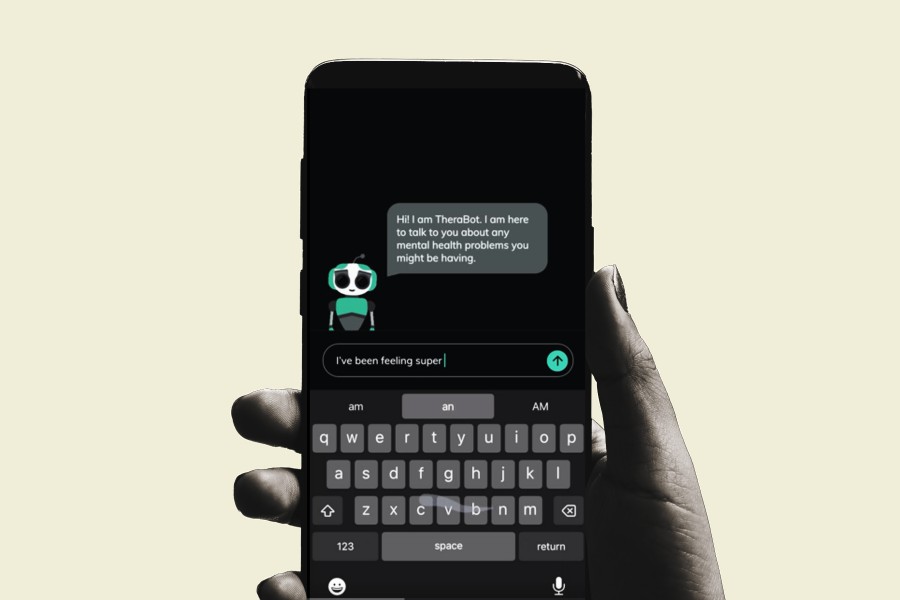
AI is being heavily pushed into the field of research and medical science. From drug discovery to diagnosing diseases, the results have been fairly en

Amazon is taking some inspiration from the TV shows available on its Prime Video streaming platform, and porting it over to Kindle e-readers to keep u

Motorola is the latest brand to go all-in with the ”AI on phone” trend for its 2025 lineup, following in the footsteps of big players like Google, Sam
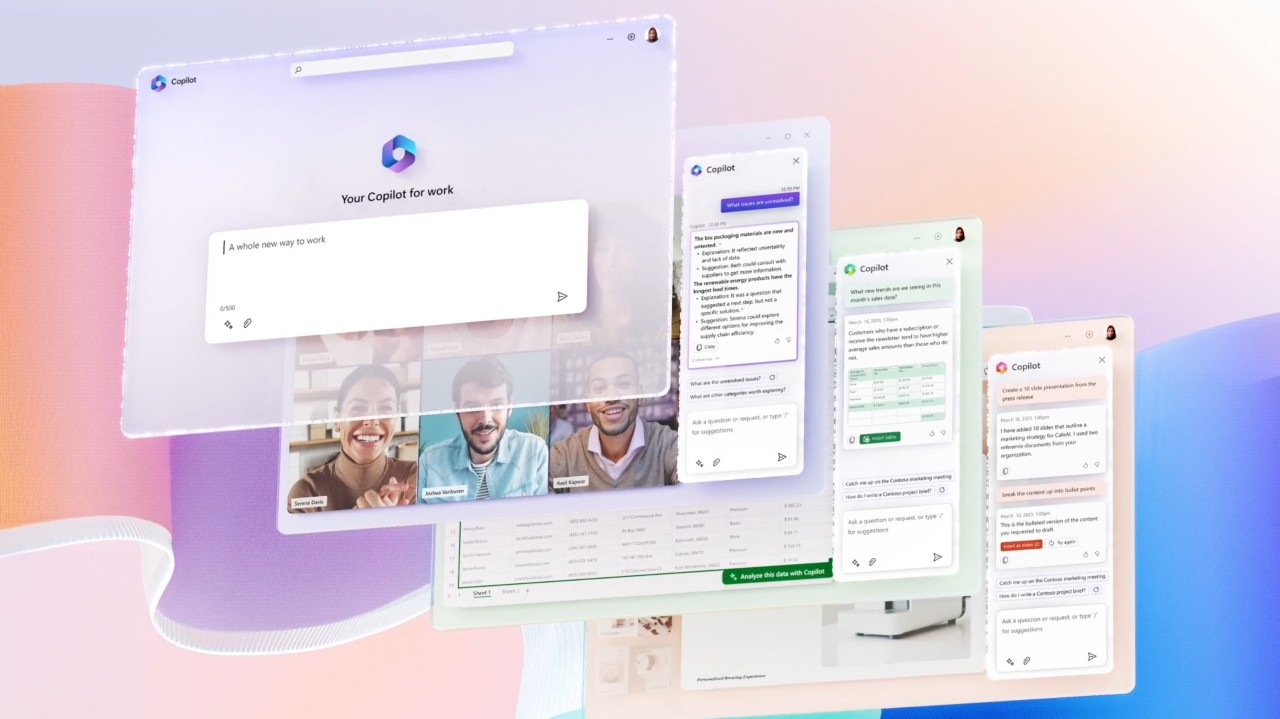
Microsoft is at it again, trying to “encourage” users to use Copilot by testing an option that automatically opens the Copilot pane in Edge, as @Leope
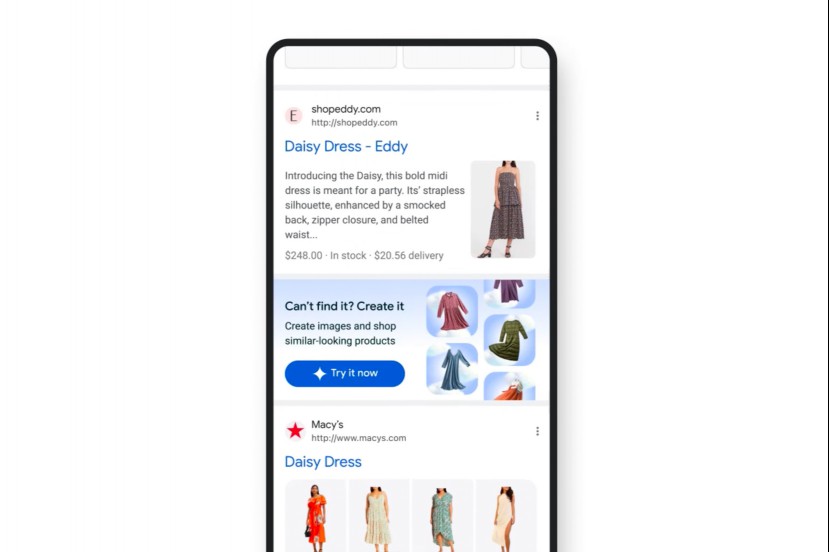
AI has been a part of the Google Shopping experience for a while now. In October last year, Google started showing an AI-generated brief with suggesti
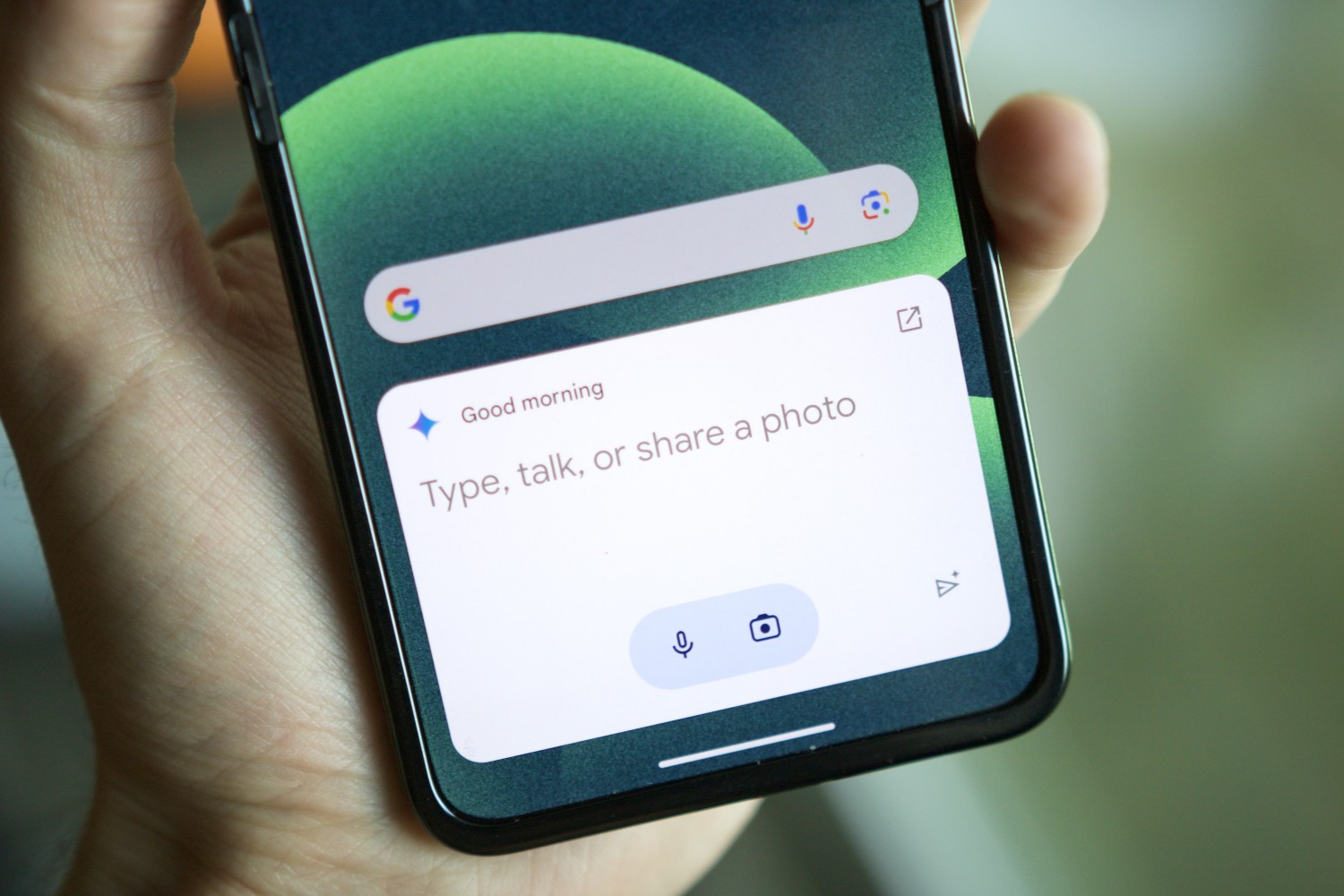
Google is finally bringing a crucial new feature to Gemini that will solve a key pain point of interacting with its AI chatbot. The company is enablin

Less than a day after announcing the Grok-3 AI model, Elon Musk-led X has hiked the price of a subscription tier that opens the doors for xAI’s next-g
We are a comprehensive and trusted information platform dedicated to delivering high-quality content across a wide range of topics, including society, technology, business, health, culture, and entertainment.
From breaking news to in-depth reports, we adhere to the principles of accuracy and diverse perspectives, helping readers find clarity and reliability in today’s fast-paced information landscape.
Our goal is to be a dependable source of knowledge for every reader—making information not only accessible but truly trustworthy. Looking ahead, we will continue to enhance our content and services, connecting the world and delivering value.